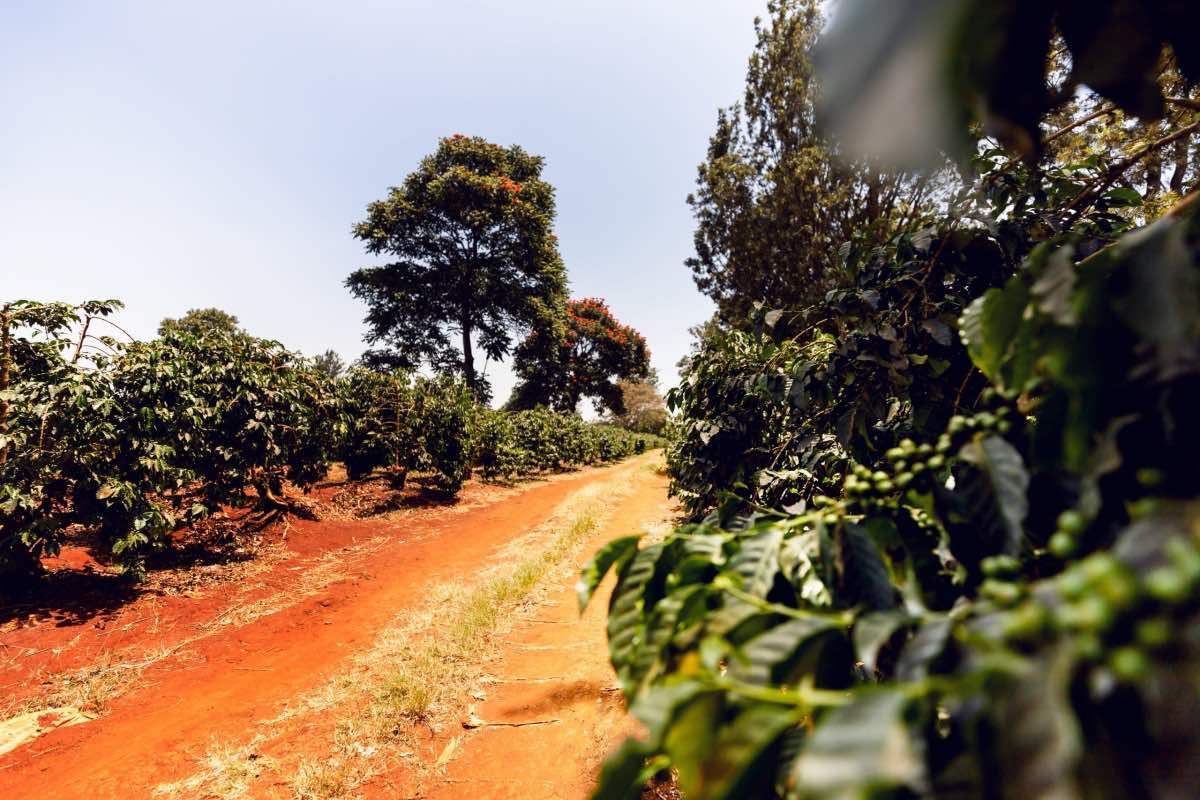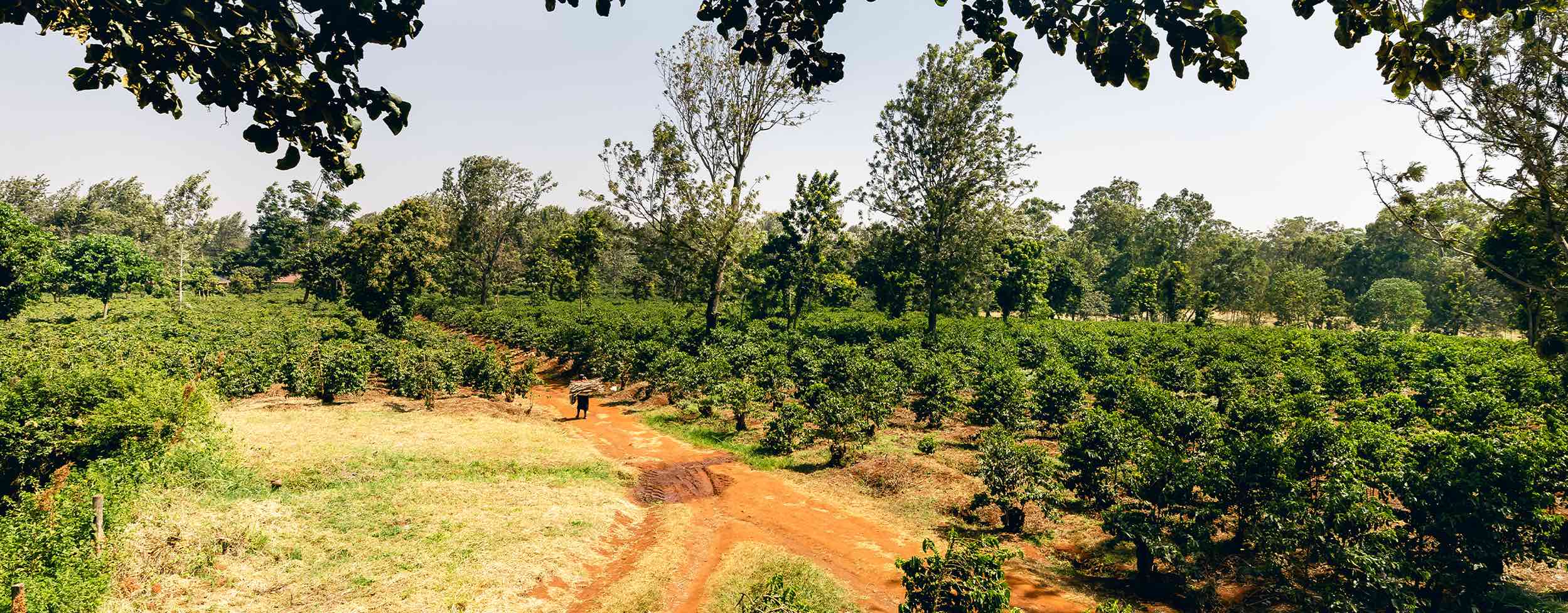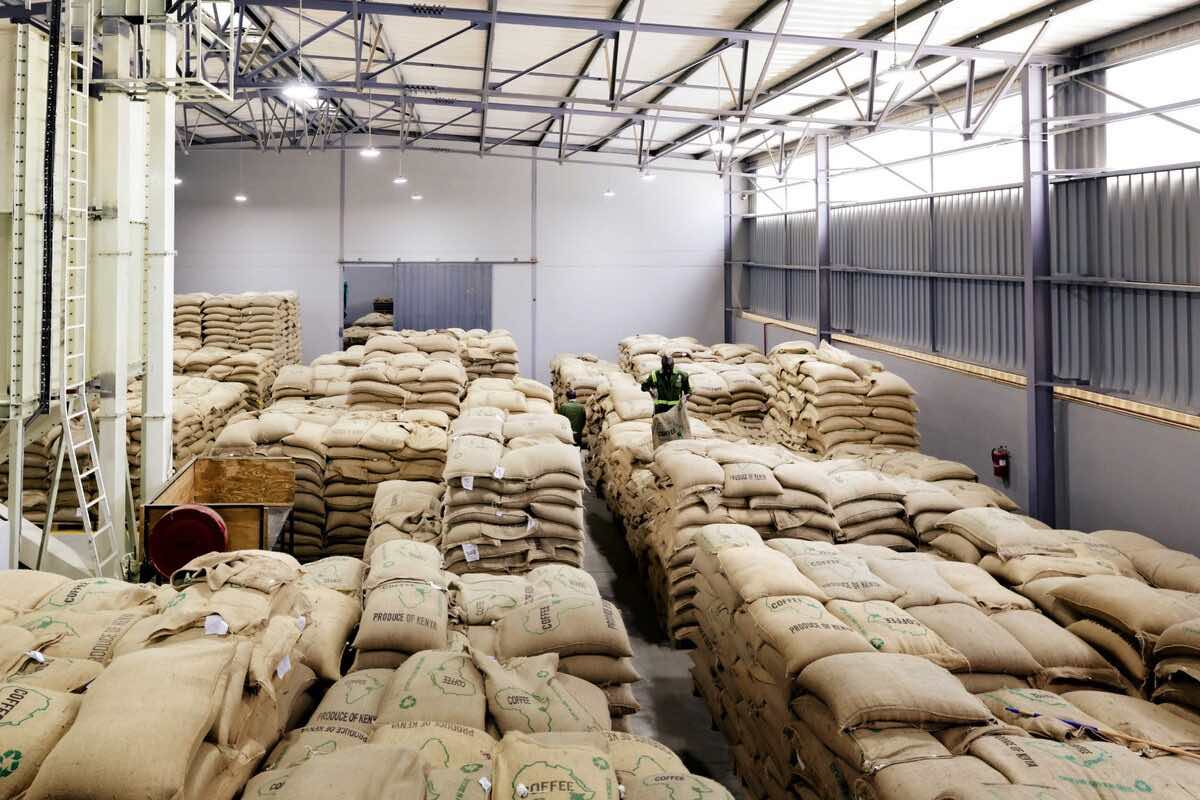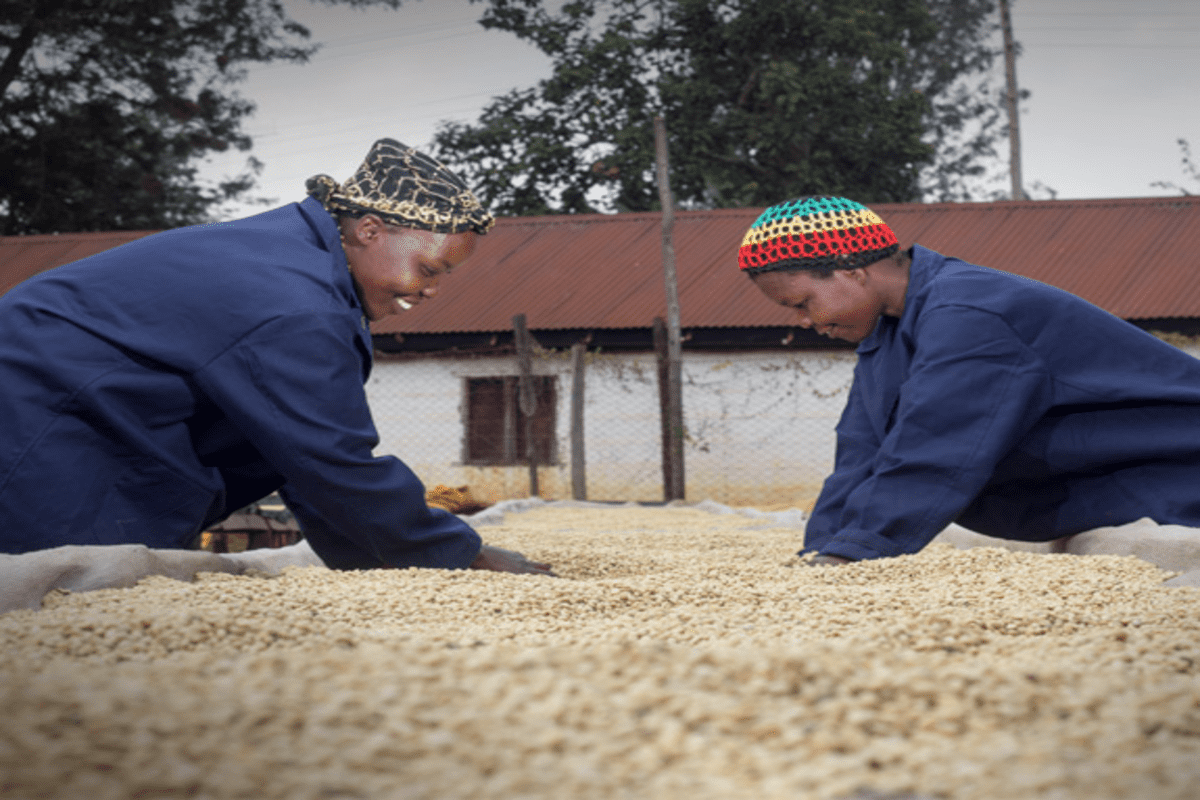
Anacafe 14: Revolutionizing Coffee Farming
Introduction: Anacafe 14: Revolutionizing Coffee Farming with Its Advantages and Challenges
Benefits for Coffee Farmers:
1. Disease Resistance:
Anacafe 14 has exhibited exceptional resistance to devastating coffee diseases, such as coffee leaf rust (Hemileia vastatrix). This attribute has proven invaluable to farmers, as it significantly reduces the risk of crop damage and loss. By cultivating Anacafe 14, farmers can mitigate the financial burden and stress associated with combating diseases, leading to more stable and profitable coffee production.
2. Enhanced Yields:
Compared to traditional coffee varieties, Anacafe 14 often demonstrates improved yield potential. This means that farmers can cultivate fewer plants while maintaining or even increasing their overall coffee production. With higher yields, farmers can optimize their land usage, increase efficiency, and achieve greater economic returns.
3. Quality and Specialty Coffee:
Anacafe 14 has gained recognition for its exceptional cup quality and distinct flavor profile. Its aromatic attributes, balanced acidity, and nuanced taste make it a sought-after choice among specialty coffee enthusiasts. By growing Anacafe 14, farmers can tap into the specialty coffee market, commanding premium prices for their harvests and elevating their status in the coffee industry.
4. Sustainable Farming:
The disease resistance and increased yields of Anacafe 14 contribute to a more sustainable farming model. By reducing the need for chemical interventions and optimizing resource utilization, farmers can embrace environmentally-friendly practices. This fosters long-term sustainability, conserves biodiversity, and promotes the preservation of coffee-growing regions.
Challenges for Coffee Farmers:
1. Limited Access to Seeds:
One of the primary challenges faced by coffee farmers interested in cultivating Anacafe 14 is limited access to seeds. The variety may not be readily available in all regions, requiring farmers to establish connections with suppliers or collaborate with organizations like the National Coffee Association of Guatemala (ANACAFE) to obtain authentic seeds for cultivation.
2. Initial Investment:
Transitioning to Anacafe 14 may require an initial investment for farmers. This includes costs associated with acquiring the seeds, training in its cultivation, and potentially adapting infrastructure or equipment to suit the unique requirements of the variety. The financial burden of this transition may pose challenges for farmers with limited resources.
3. Market Accessibility:
While Anacafe 14’s specialty coffee status can result in higher prices, accessing the specialty coffee market can be challenging for some farmers. Establishing connections with specialty coffee roasters, exporters, or direct trade relationships may require additional effort and resources. Farmers need to navigate the complexities of the market to ensure fair and sustainable pricing for their Anacafe 14 beans.
4. Dependency on a Single Variety:
Cultivating Anacafe 14 exclusively may lead to a potential risk of overreliance on a single coffee variety. This dependence could leave farmers vulnerable to future changes in market demand or the emergence of new diseases or pests that may affect Anacafe 14. Diversification and maintaining a balanced portfolio of coffee varieties can help mitigate this risk.
Conclusion:
Anacafe 14 has undoubtedly brought transformative advantages to coffee farmers, revolutionizing their farming practices and offering new opportunities. The variety’s disease resistance, enhanced yields, quality potential, and sustainability benefits have empowered farmers to thrive in an ever-changing coffee industry.
However, challenges such as limited seed access, initial investment, market accessibility, and the risk of dependency warrant careful consideration.As Anacafe 14 continues to make its mark, it is crucial to support and collaborate with coffee farmers, ensuring they receive the necessary resources, training, and market access to cultivate this remarkable coffee variety. By doing so, we can celebrate the success stories of farmers embracing Anacafe 14 and witness the profound impact it has on their lives, communities, and the future of sustainable coffee farming.






